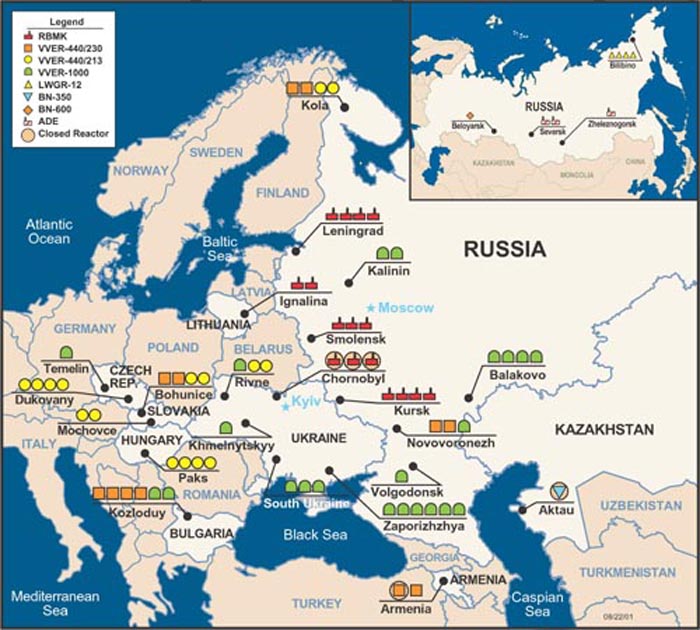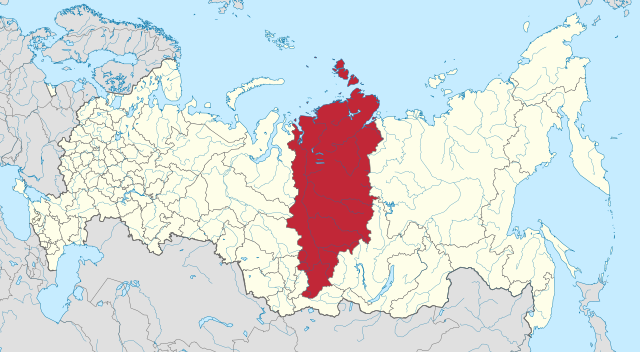I think this very much depends on whether the Party is demolished. If the Communist parties in the satellites retain most of the levers of power and aren't critically undermined by events in the Soviet Union, I suspect that the WarPac states would remain Soviet aligned, though the changes would be significant.
Fair point.
1) How much is the general economy improved by removing the human and resource costs of the disaster?
2) How much does greater trust by the population translate into more successful reform?
2) a. How much more trust is there without Chernobyl anyway?
3) Does no disaster give Gorbachev enough political capital to push more reforms though?
4) Does no disaster give the Soviet economy enough slack that Gorbachev can continue bribing other powerful influence brokers in the Soviet hierarchy?
4) a. Does he have enough slack to keep the bribes up long enough to start accumulating even more power to himself as the old brokers die and does the economy start growing in time to keep up the bribe bill? (In OTL Gorbachev spent money like water keeping guys like Gromyko on side, which is why spending in the late Soviet Union was out of control.)
Imma try to answer:
1. The Chernobyl disaster cost around $24 billion (18 billion Soviet rubles), or roughly 1% of the Soviet economy. That's the immediate cost of the Chernobyl disaster when it was being cleaned. It does not take into account the effects of radiation on the surrounding areas, the decimation of economic activity in the 2600 sq. km. - exclusion zone, the loss of agricultural lands, disrupted industries, etc. I think it safe to say the disaster cost 2-5% of the Soviet GDP, overall in the immediate years after the catastrophe.
The IAEA says the total cost over 30 years $235 billion, after all. Safe to say, the Soviet economy would really have much more leeway for more productive matters without the disaster.
Not to mention further RBMK nuclear power plant construction was halted after the incident. If a near-miss in Chernobyl occurs, or the safety test was conducted and found serious flaws in the RBMK design and were fixed, then we would expect much more Soviet investment perhaps in nuclear energy, so at least we have to take into account reduced economic costs from power outages there.
2. I think it would be a not-so-insignificant account. There's talk that the way the Soviets covered up the incident and exposed so many citizens to radiation contributed to that. Also, with money that would have gone to the cleanup going instead to fund the civilian economy, then it could have meant more support from the people.
3. If the economy doesn't go haywire in such a TL, my amateur opinions says he would have gotten more political capital. He won't get flak from hardliners for such an incident. But at the same time, why I think the reforms would have been gradual was because the incident caused greater pressure from reformists to do something regarding
glasnost and
perestroika, to whom he had more affinity to than the hardliners, especially towards the end.
Another thought: Because Gorbachev would feel a less urgent need to appeal to the reformist cause without Chernobyl, he tries to work within the CPSU and keeps the Party's standing more paramount. Kinda what happened to China, but with no tanks on Red Square, just some media disinformation, imprisonments and some ingested isotopes

rolleyes

here and there as a gift of the KGB to those who opposed CPSU hegemony. Because he still works within CPSU infrastructure, he'd be constrained regarding reform and would be more gradual.
So maybe
@fasquardon, had the communist/socialist parties in the Eastern Bloc been kept as the paramount parties, then maybe
very gradual reform could have occurred without breaking the Bloc. Maybe Poland could accept gradualism under Polish Communist rule. As for East Germany, only Honecker remained as the hurdle. However, in Romania, we have Ceaușescu as a BIG problem, but if he could try to pull a Poland 1980-1981 on the protesters, then things may have held up.
4. With the economy in better shape, he could give more bribes, that's for sure. I kinda forgot a bit that a lot of people in the Soviet leadership weren't wholly devoted to communism, but where just there for the money and prestige. What
kind of bribes, exactly? Besides simple money transfers to the Soviet leaders, I guess it includes mark-ups and funding for pet projects?


